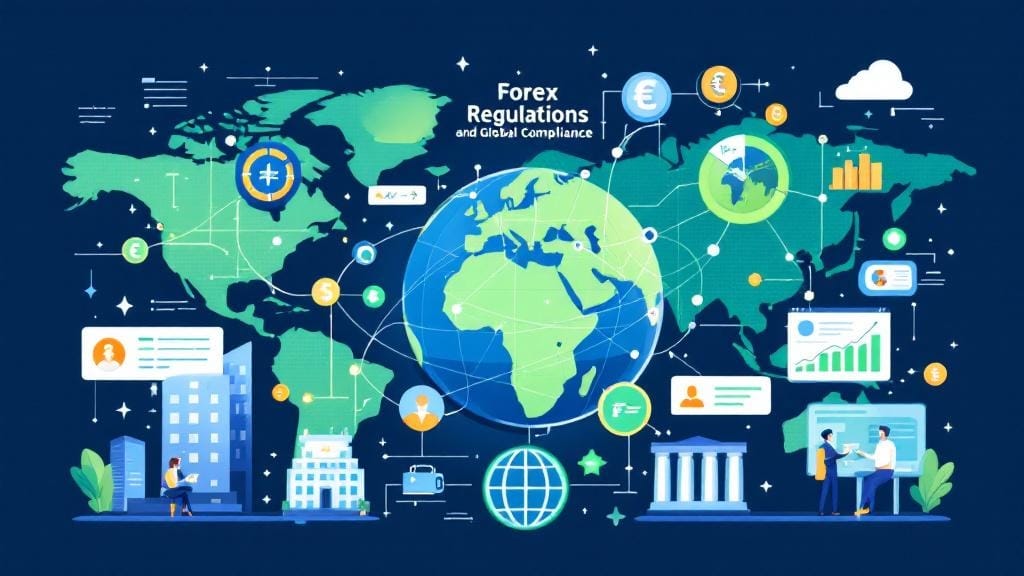Introduction: Why So Many Need Help with Payday Loans
If you’re feeling overwhelmed by payday loan debt, you’re not alone. Millions of people across the country have turned to payday loans to meet emergency cash needs—only to find themselves stuck in a debt cycle that’s hard to escape.
With high-interest loans, loan rollovers, and predatory lending practices, what seemed like a short-term fix can quickly spiral out of control. But don’t panic—help with payday loans is available. Whether you’re looking for nonprofit aid, government-backed relief programs, or smarter ways to borrow, this guide offers practical and proven strategies to help you break free.
Understanding the Payday Loan Trap
What Is a Payday Loan?
A payday loan is a small, short-term loan, typically due on your next payday. While they’re easy to get and fast to process, they often come with extremely high interest rates—sometimes exceeding 400% APR.
Why Do People Turn to Payday Loans?
Most borrowers seek payday loans to cover:
-
Medical bills
-
Rent or utility payments
-
Car repairs
-
Unexpected job loss
These loans appeal to those facing financial hardship and lacking access to traditional credit.
The Real Cost of Payday Loans
Let’s say you borrow ₹10,000 with a ₹1,500 fee (15%). If you can’t repay it on your next payday, the lender rolls it over—with additional fees. Within months, you may end up paying more in fees than the original loan.
Section 1: Immediate Help with Payday Loans
1.1 Explore Emergency Loan Alternatives
Instead of going for another payday loan, consider these emergency loan alternatives:
-
Personal loans from credit unions: Lower interest and more forgiving terms.
-
Salary advance from your employer
-
Buy now, pay later platforms for essentials
-
Peer-to-peer lending platforms
These are far less risky and offer manageable repayment plans.
1.2 Fast Payday Loan Help from Nonprofits
Nonprofit organizations can offer free financial counseling and even assist with debt negotiations:
-
NFCC (National Foundation for Credit Counseling)
-
United Way’s 211 service
-
Local Community Action Agencies
They provide access to credit counseling services and can connect you to hardship relief programs.
Section 2: Repayment Plans & Settlement Options
2.1 Enroll in a Payday Loan Repayment Plan
Many lenders are open to payday loan repayment plans that allow you to repay your loan over a longer period. These plans typically offer:
-
Reduced or waived fees
-
Fixed monthly payments
-
No rollover penalties
Make sure to ask your lender if they offer Extended Payment Plans (EPPs)—especially if you’re in a state that mandates it.
2.2 Consider Payday Loan Debt Settlement
A debt settlement company may be able to negotiate a lump sum payoff for less than what you owe. This works best if:
-
You’re behind on payments
-
You can gather a partial lump sum
-
You want to avoid bankruptcy
Just beware of scams—always verify if the company is accredited.
2.3 Government Help with Payday Loans
While there isn’t a federal program specifically for payday loan relief, some state governments regulate payday lending and may offer protection such as:
-
Caps on interest rates
-
Mandatory repayment periods
-
Legal aid services
Check your state attorney general’s website or Consumer Financial Protection Bureau (CFPB) for your rights.
Section 3: Avoiding Payday Loan Traps in the Future
3.1 Recognize Predatory Lending Practices
Watch out for red flags:
-
No credit check
-
High-pressure tactics
-
Requiring access to your bank account
-
Hidden fees
If it sounds too easy to get, it might be a predatory loan.
3.2 Break the Debt Cycle for Good
To escape the debt cycle, try these proven methods:
-
Consolidate payday loans into one personal loan with lower interest
-
Use a debt management plan (DMP) through a certified counselor
-
Seek financial literacy courses from local nonprofits or banks
3.3 Build a Safety Net
To avoid falling into the same trap:
-
Create an emergency fund—even ₹500/month adds up
-
Track spending with budgeting apps
-
Prioritize paying down high-interest debt
Real-Life Example: Tina’s Story
Tina, a single mother in Mumbai, borrowed ₹15,000 from a payday lender to cover medical expenses. Within 6 months, she owed ₹48,000 due to rollover fees. Desperate for help with payday loans, she contacted a nonprofit credit counselor, who helped her consolidate her loans and set up a 12-month repayment plan with reduced interest. Today, she’s debt-free and building a savings buffer.
Section 4: Best Way to Get Out of Payday Loans
There’s no one-size-fits-all solution, but here’s a proven roadmap:
-
Stop borrowing more
-
Call your lender and request an EPP
-
Reach out to a nonprofit for free credit counseling
-
Consider debt consolidation or settlement
-
Explore government aid or local resources
-
Focus on financial education and budget discipline
The best way to get out of payday loans is to take action early—before fees pile up.
FAQs About Help with Payday Loans
1. What’s the fastest way to get payday loan help?
Contact a nonprofit credit counselor or explore salary advance apps and credit union loans. These can be arranged quickly and often without hard credit checks.
2. Is there nonprofit help with payday loans?
Yes. Organizations like the NFCC, United Way, and local financial empowerment centers offer free or low-cost assistance.
3. Are there government programs for payday loan debt relief?
While there’s no federal program, state consumer protection laws, legal aid, and community grants can provide support.
4. How can I eliminate payday loan debt without paying it all?
You can try debt settlement, where you negotiate a lower payoff amount. This works best if you’re already behind on payments.
5. What’s the risk of loan rollovers?
Loan rollovers trap borrowers in a never-ending cycle of interest and fees. It’s best to avoid them by seeking repayment assistance early.
6. Are payday loans considered predatory lending?
Yes, in many cases. Especially when lenders charge sky-high interest, hide terms, or pressure borrowers. They’re often linked to predatory lending practices.
7. How do I avoid payday loans in the future?
Build an emergency fund, use credit union loans, or get a low-interest credit card for emergencies. Also, take advantage of financial literacy programs.
Conclusion: You’re Not Alone—There Is Help with Payday Loans
Getting stuck in payday loan debt can feel hopeless—but it doesn’t have to be. With the right resources, support, and strategy, you can regain control of your finances and eliminate payday loan debt for good.
From nonprofit help to government protections and smarter borrowing, you have options. The key is to take action early and lean on trusted resources to guide you through.
Remember: The sooner you seek help with payday loans, the faster you’ll move toward financial freedom.








Comments (0)